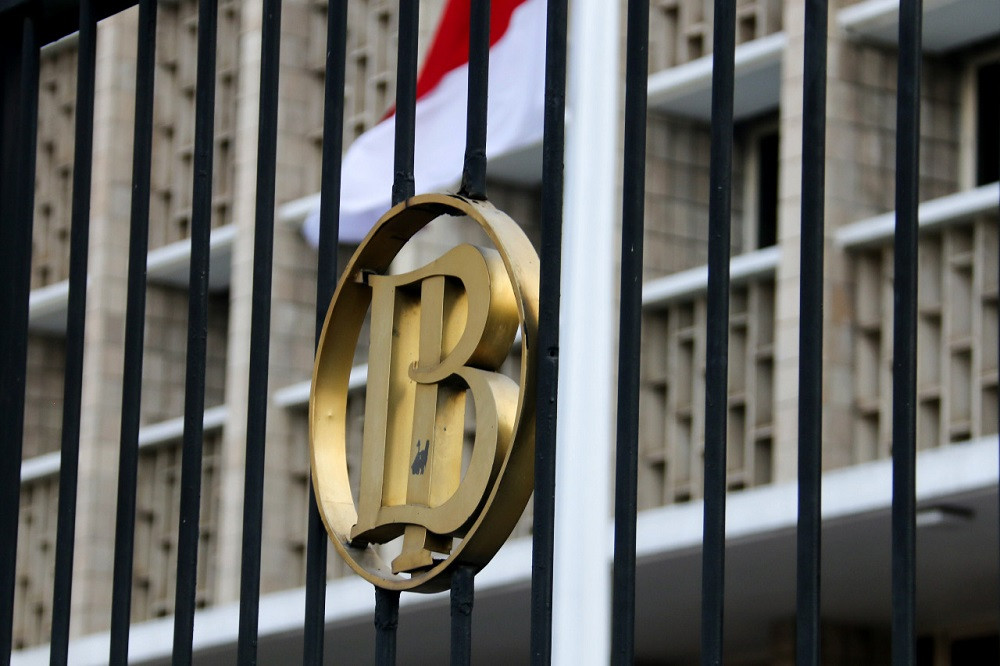Popular Reads
Top Results
Can't find what you're looking for?
View all search resultsPopular Reads
Top Results
Can't find what you're looking for?
View all search resultsProtecting BI’s independence
The monetary board that the House is proposing in its amendment to the BI Law marks a major setback for central bank independence. The board is reminiscent of the old, government-controlled central bank in the period between the 1950s and 1999.
Change text size
Gift Premium Articles
to Anyone
T
he House of Representatives’ proposed revisions to the Bank Indonesia (BI) law have shaken the market, which fears the move will compromise the central bank’s independence and, in turn, distort policy-making and harm the economy. The rupiah depreciated by more than 1.5 percent on Sept. 2, the day when news about the revision made the headlines. The currency has been on a downward trajectory since then.
BI’s independence dates back to 1999, during the height of the Asian financial crisis. In order to create credible, accountable and transparent policies to support an economy in deep contraction, the House passed the historic revision of the BI Law. Notable articles include the separation between the central bank and the government, making BI an independent agency whose focus is on maintaining the rupiah’s stability.
Around the world, central bank independence has been the norm since the 1970s. But recently this independence has been put to the test, especially in developed countries where the link between central bank policies and the real economy are being questioned. Studies, however, have validated the need for countries to have an independent central bank.
Read also: Sri Mulyani vows to uphold BI independence amid House-led legal reform
We have always believed in central bank independence. As former United States Federal Reserve chair Janet Yellen cautioned: “We’ve really seen terrible economic outcomes in countries where central banks have been subject to political pressure.” With the central bank under monetary policy-making pressure from the government or other parties, objective, credible, accountable and transparent policies may be difficult to achieve. This will complicate policy-making and put further strain on the economy already faltering today with a projected economic contraction in GDP.
The monetary board that the House is proposing in its amendment to the BI Law marks a major setback for central bank independence. The board is reminiscent of the old, government-controlled central bank in the period between the 1950s and 1999.
The draft law stipulates that the monetary board will consist of five members, namely the finance minister, a minister dealing with the economy, the BI governor and BI senior deputy governor, and the chair of the Financial Services Authority (OJK) board of commissioners.
This will deal a big blow to the central bank’s independence, especially in the middle of progressive policies being launched to contain an economic hard-landing due to the COVID-19 pandemic.
Read also: Experts urge BI to have exit strategy from burden-sharing scheme as risks loom
The government’s burden-sharing scheme with BI, considering all its criticism of the mounting debt burden as well as the potential to fund the nation’s economic recovery, is a way for a government-central bank partnership that does not compromise the independence of the central bank.
The government and lawmakers should focus on breakthroughs and initiatives such as these instead of reevaluating the central bank’s independence. It is encouraging to understand that President Joko “Jokowi” Widodo and Finance Minister Sri Mulyani Indrawati are committed to upholding BI’s independence.
Public scrutiny of the deliberation of the BI Law revision is therefore imperative. All elements of society must be involved in the process to ensure central bank independence remains intact.










